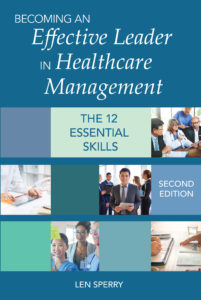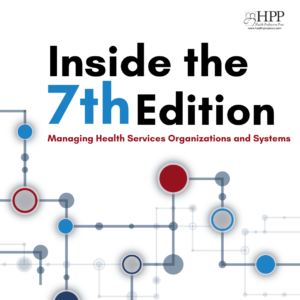
5 Strategies to Motivate Your Employees
These five strategies can guide managers in increasing motivation in their work units:
Establish clear performance expectations
The manager’s initial effort in increasing motivation should be to establish clear goals and expectations for employee and team performance. Research shows rather consistently that employees are more likely to own goals if they believe they have been sufficiently involved in the goal-setting process. Furthermore, these goals and expectations must be formulated in such a way that they are sufficiently specific and consistent and appropriately challenging for an employee or team.
Facilitate outcomes by coaching and by removing obstacles to goal achievement
After setting goals and expectations, managers can shift their attention to facilitating the process of goal achievement. This may involve providing the necessary training or coaching, providing resources, engendering the support of other individuals or units, and removing barriers. Motivated employees are both willing and able. Even if employees take ownership of the goals and are sufficiently committed, it cannot be assumed that employees have the requisite ability. A barrier to goal achievement may be employee inexperience or skill deficits. For that reason, skill-based coaching or training may be necessary.
Provide rewards tailored to employee need
Trying to motivate employees is challenging because of the variations between them and the way they interact with the personality and motivation of their manager. Thus, it is valuable to tailor or match rewards and feedback to individuals based on their unique needs and expectations. This begins with assessment of individual differences, such as personality, age, gender, and position on the career ladder.
Many incentives can motivate individuals, but each can have a different effect depending on individual differences. Commonly used financial incentives include salary increases, annual bonuses, and immediate bonuses. Nonfinancial incentives include recognition, parking spaces, days off, and other perks.
Provide feedback and rewards in a timely manner
The timeliness of providing accurate feedback and tailored rewards is an essential factor that cannot be understated. Evaluative feedback must be specific and forthright for it to be effective. Generally speaking, the longer the delay in providing rewards, the less value they have and the greater the likelihood that they will reinforce undesirable behavior, such as grumbling and complaining.
In a timely fashion, communicate with an individual or team in person, by email, or by short memo. While the annual performance appraisal focuses on long-term goal setting and productivity review, the brief, weekly performance review is essential to make course corrections and provide feedback and recognition in the short term.
Tap into employee passion and enthusiasm
Employees who are passionate or enthusiastic about a personal or professional interest or some aspect of their job can have a positive impact on co-workers. An employee who is an expert at some aspect of his or her job may enjoy the attention derived from being turned to for advice by both co-workers and superiors. Some employees are passionate about teaching others in seminars or in one-to-one situations. Other employees have a propensity for creativity or problem solving. When opportunities arise that tap into these passions or talents, these employees typically give 110% effort.
This post was adapted from Becoming an Effective Leader in Healthcare Management: The 12 Essential Skills by Len Sperry, M.D., Ph.D., Copyright © 2017 by Health Professions Press, Inc. All rights reserved.
Read the book!
Becoming an Effective Leader in Healthcare Management
The 12 Essential Skills
By Len Sperry, M.D., Ph.D.
Copyright © 2017 by Health Professions Press, Inc.
Learn and master the 12 critical interpersonal, financial, and organizational healthcare management skills with this practical guide from a seasoned healthcare manager.






Add comment